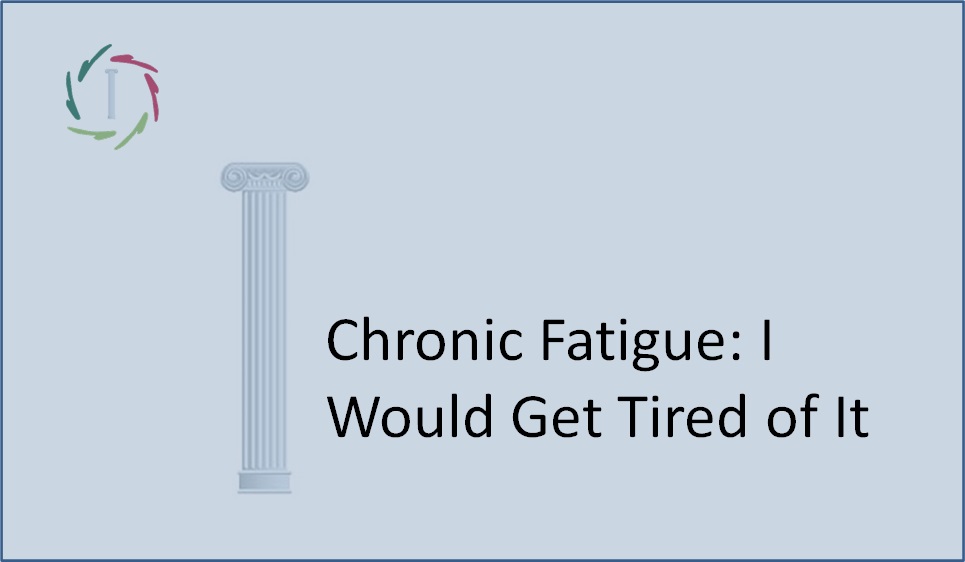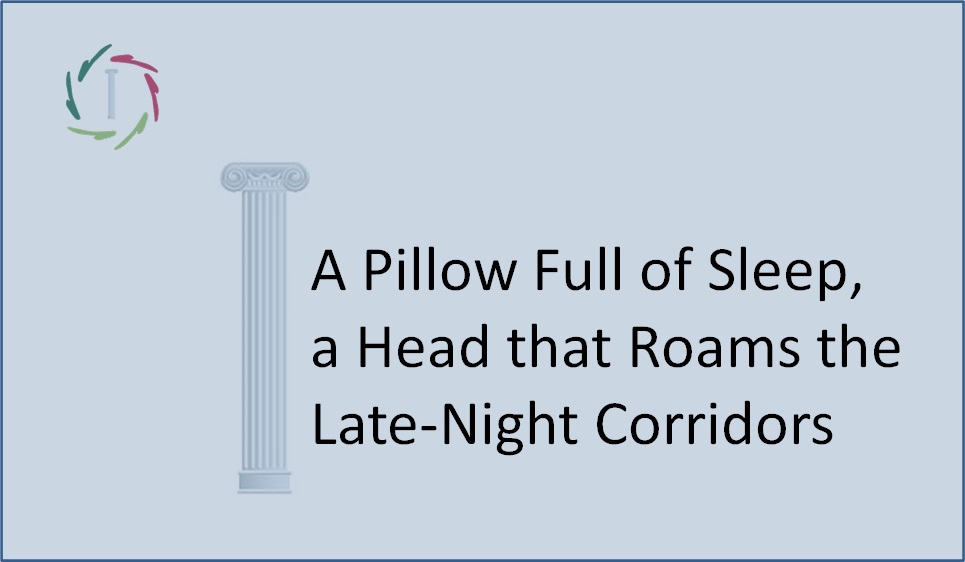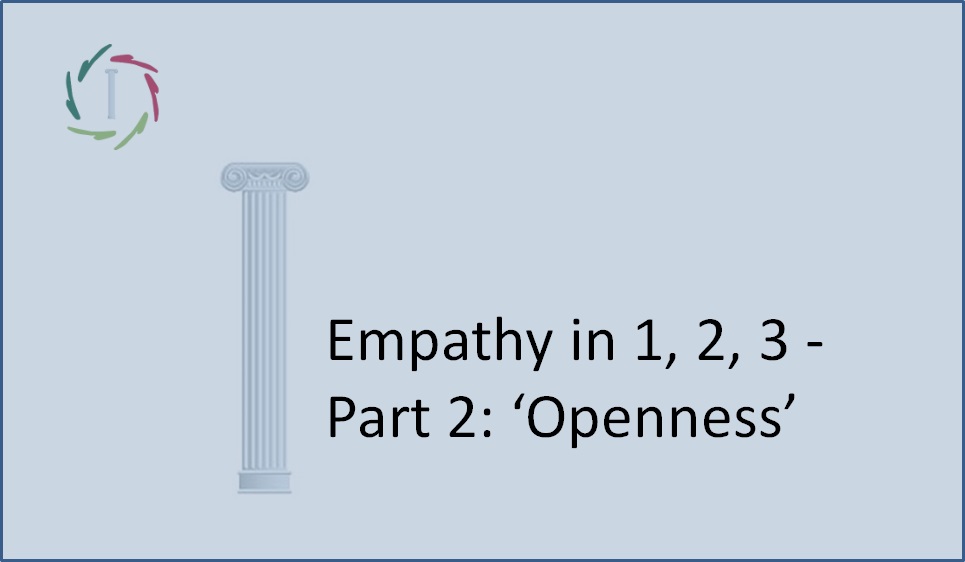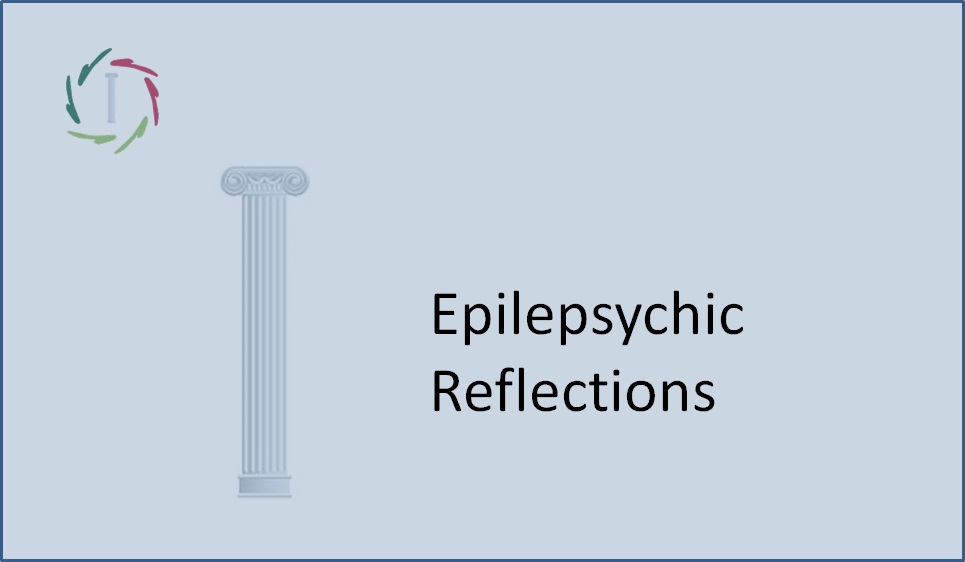42. Chronic Fatigue: I Would Get Tired of It

A person suffering from chronic fatigue has no control over his fatigue, regardless of whether it is physical or psychological.
The last thing someone with chronic fatigue needs is a chronic fight for appreciation and respect. Such a fight stands in the way of an unbiased search for a meaningful solution. Well, we are currently living in an excessively materialistic culture.
Therefore a lot of people only ‘appreciate and respect’ materialistic things.
So it’s about enzymes, bacteria, inflammatory material, and so on. Someone who dares to claim that something else is in play will be labeled ‘disrespectful,’ or when one is in a better mood, perhaps ‘naïve.’
Thanks in advance.
Everybody is infinitely valuable.
Isn’t that a good starting principle? No one has to fight for appreciation and respect.
One may, however, wonder what to do about all those who die of poverty and misery in this world. They are living in our world too, but apparently, they are facing a different reality. Are they infinitely valuable, too? Yes. they are.
Also each person with chronic fatigue is worthy, as a total person, to be taken seriously. Well,
in my opinion, reducing oneself to mere matter is an ultimate form of self-denigration.
When I am listening to a Sonata by Mozart, I hear vibrations in the air. But at the same time, I hear a lot more. When I am looking at a person, I see his physicality, but I may see much more with some openness: a waterfall of significance.
If that person feels chronically tired for a long time, it is evident that something is physically wrong. What is the cause of chronic fatigue, what may be a consequence of it, and what is chronic fatigue itself? I am happy to leave this question to a specialist on the subject. Future developments in this are also interesting. I’m in awe, in advance.
Always the deeper meaning
However, what I will not leave to these specialists, or people with chronic fatigue themselves, or psychological caregivers, is a denigration to mere matter.
Imagine, tomorrow, they’ll take Mozart’s music in the same way. No way.
By the way, I enjoy Mozart because of much more than ‘beautiful music.’ A sonata can touch me deeply. For God’s sake, do I know why? No, I do not. The appreciation comes from deep within me, from where I am not aware of how, what, etc. And yet, the appreciation is present. Today, tomorrow, the day after tomorrow, next month, the whole time. Regardless of whether I know which nerve centers and neurotransmitters enable me to do this or not.
Same mutatis mutandis in case of chronic fatigue. Regardless of the matter, there is always a deeper meaning. Cause, effect, chronic fatigue itself… It is interesting to go into this properly.
Shutting oneself off a priori from this is absolutely uncritical and therefore unscientific.
The omnipresent question of guilt is also playing a significant part
in an ongoing debate about what is ‘in the head’ and what is not. Regardless of whether one labels it as a ‘syndrome’ or not. There is NO ‘fault’ about what emerges from the deeper self.
Feeling chronically tired may be related to a source of ‘energy’ (or, if you like: ‘deep motivation’) that can no longer flow freely deep within. At first, it is pretty simple: ‘Not having energy’ = ‘being tired very quickly.’ To the chronically tired, this comes across as something he can’t control, which is also true. Suggesting otherwise would be crazy.
This happens outside the ‘mere me.’ The body stands outside of the ‘mere me.’ So does the non-conscious.
Both cannot be controlled without the correct insights and instruments. So, it all comes down to finding and using these insights and tools.
Anyway, Mozart helps me recognizing, in all aspects, the infinite value of each individual with chronic fatigue.
And besides, also, of the child dying due to drinking water shortage before I have even completed this text. This is an example. There is plenty in our world that is humanly wrong with increasing materialism playing a significant role. One would get tired of it. And rightfully so. Why is this so hard to understand for many people?


